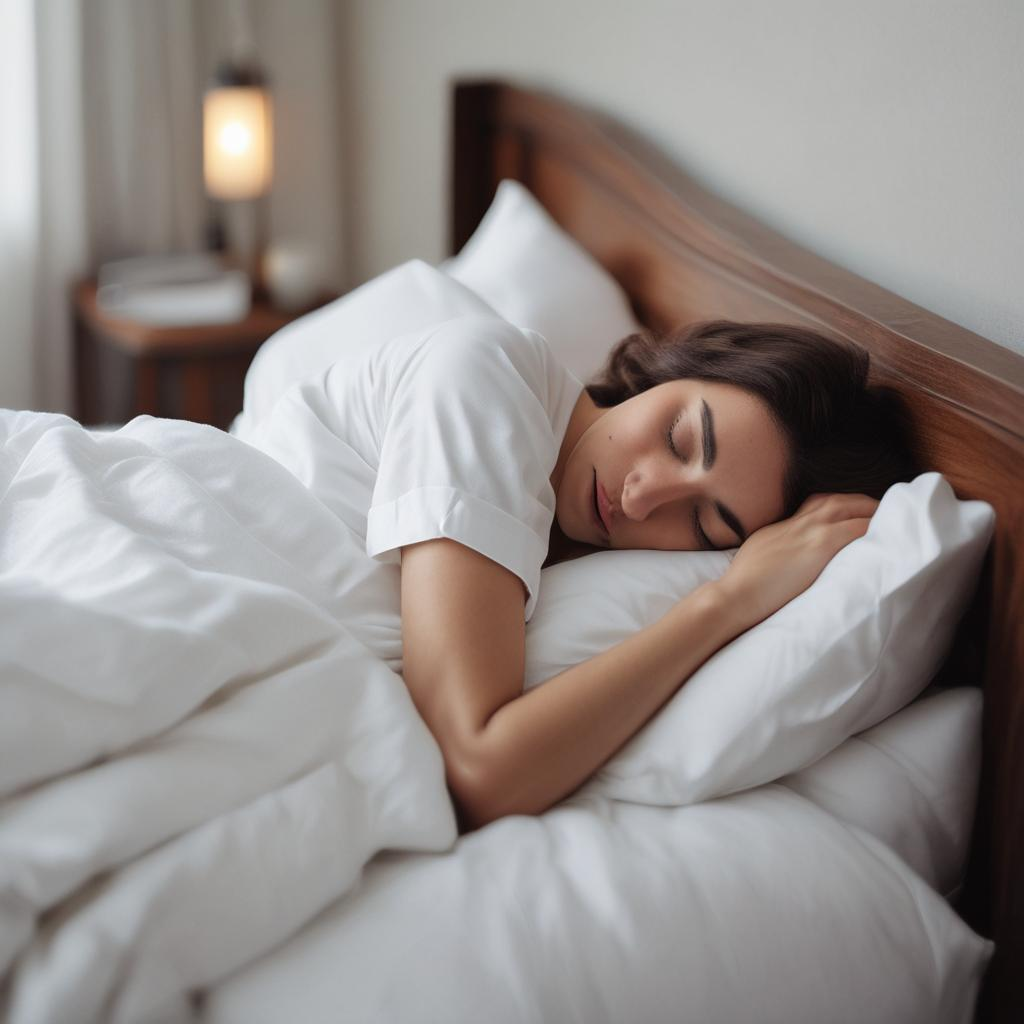Sleep is a fundamental aspect of our lives, essential for physical health, mental well-being, and overall quality of life. Despite its importance, many people struggle with sleep issues, leading to a range of health problems and decreased productivity. Sleep hygiene refers to the habits and practices that promote good sleep quality and consistency. In this blog post, we will explore the significance of sleep, common sleep disorders, and practical tips for improving sleep hygiene.

Why Sleep is Important
1. Physical Health: Sleep plays a crucial role in physical health by supporting various bodily functions. It helps repair and regenerate tissues, strengthens the immune system, and maintains cardiovascular health. Chronic sleep deprivation is linked to numerous health issues, including obesity, diabetes, hypertension, and heart disease.
2. Mental Health: Adequate sleep is essential for cognitive functions such as memory, learning, and decision-making. It also regulates mood and emotional well-being. Lack of sleep can contribute to mental health disorders like depression, anxiety, and mood swings.
3. Performance and Productivity: Quality sleep enhances alertness, concentration, and performance. It improves problem-solving skills, creativity, and productivity. Conversely, sleep deprivation impairs cognitive abilities, leading to decreased efficiency and an increased risk of accidents.
4. Hormonal Balance: Sleep helps regulate hormones that control appetite, stress, and growth. For instance, sleep affects the levels of leptin and ghrelin, hormones that influence hunger and satiety. Poor sleep can disrupt these hormones, leading to weight gain and metabolic issues.
Common Sleep Disorders
1. Insomnia: Insomnia is characterized by difficulty falling asleep, staying asleep, or waking up too early. It can be caused by stress, anxiety, medical conditions, or poor sleep habits. Chronic insomnia affects daytime functioning and overall health.
2. Sleep Apnea: Sleep apnea is a disorder in which breathing repeatedly stops and starts during sleep. It can lead to fragmented sleep and reduced oxygen supply to the body. Common symptoms include loud snoring, gasping for air during sleep, and excessive daytime sleepiness.
3. Restless Legs Syndrome (RLS): RLS causes an uncontrollable urge to move the legs, often accompanied by uncomfortable sensations. It typically occurs in the evening or during periods of rest, disrupting sleep and leading to daytime fatigue.
4. Narcolepsy: Narcolepsy is a neurological disorder characterized by excessive daytime sleepiness and sudden, uncontrollable episodes of falling asleep. It may also involve cataplexy, a sudden loss of muscle tone triggered by strong emotions.
Tips for Improving Sleep Hygiene
1. Maintain a Consistent Sleep Schedule: Go to bed and wake up at the same time every day, even on weekends. Consistency helps regulate your body's internal clock and improves sleep quality.
2. Create a Relaxing Bedtime Routine: Establish a calming pre-sleep routine to signal your body that it's time to wind down. This may include activities such as reading, taking a warm bath, or practicing relaxation techniques like deep breathing or meditation.
3. Optimize Your Sleep Environment: Ensure your bedroom is conducive to sleep. Keep the room cool, dark, and quiet. Invest in a comfortable mattress and pillows. Consider using blackout curtains, earplugs, or a white noise machine if necessary.
4. Limit Exposure to Screens: Reduce exposure to screens (phones, tablets, computers, and TVs) at least an hour before bedtime. The blue light emitted by screens can interfere with the production of melatonin, a hormone that regulates sleep.
5. Watch Your Diet: Avoid large meals, caffeine, and alcohol close to bedtime. These can disrupt sleep or cause discomfort. Opt for a light snack if you're hungry before bed.
6. Exercise Regularly: Regular physical activity can promote better sleep. Aim for at least 30 minutes of moderate exercise most days of the week, but avoid vigorous exercise close to bedtime.
7. Manage Stress and Anxiety: Practice stress-reducing techniques such as mindfulness, meditation, or journaling. Addressing underlying stress and anxiety can help improve sleep quality.
8. Limit Naps: While short naps can be beneficial, long or irregular napping during the day can negatively affect nighttime sleep. If you need to nap, limit it to 20-30 minutes and avoid napping late in the afternoon.
9. Seek Professional Help: If you continue to experience sleep problems despite following good sleep hygiene practices, consider consulting a healthcare professional. They can help identify underlying issues and recommend appropriate treatments.
Conclusion
Good sleep hygiene is essential for maintaining optimal health and well-being. By adopting healthy sleep habits and addressing any underlying sleep disorders, you can improve your sleep quality and enjoy the numerous benefits of restorative sleep. Prioritize sleep as a vital component of your overall health, and take proactive steps to ensure you get the rest you need.


.jpg)






.jpg)



0 Comments